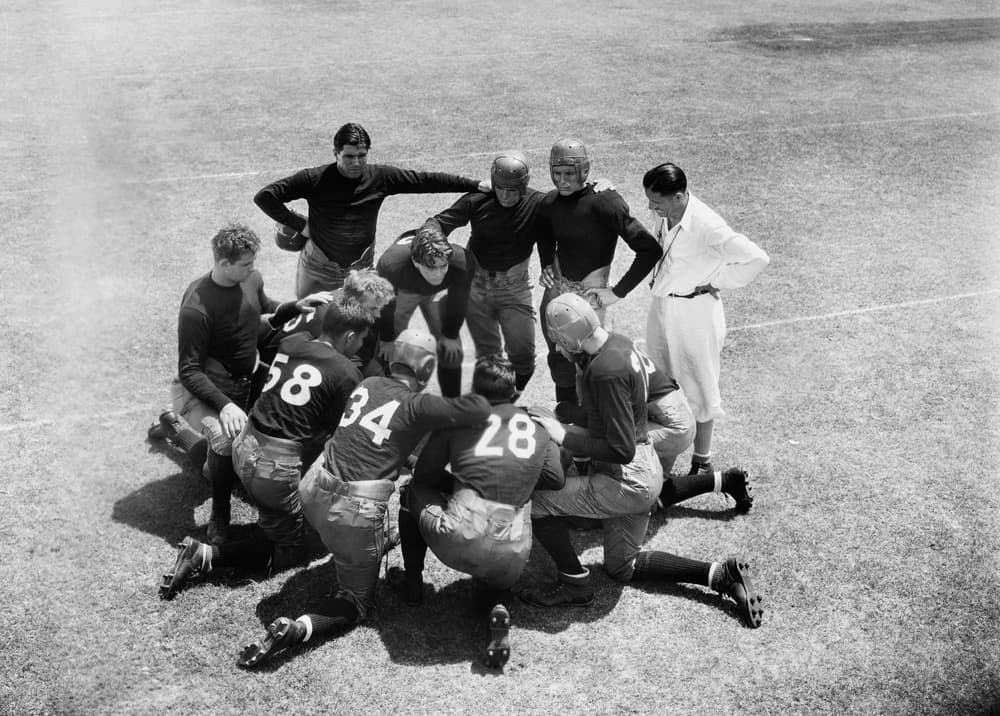Most states have an Unfair Claims Practice Act that outlines what is considered to be unethical behavior by the claims adjusters. The large majority of adjusters are ethical and have no interest in doing anything inappropriate.
Workers compensation adjusters have to deal with more fraud than other insurance lines. This can cause the adjusters to become cynical about any claim that has a red flag anywhere in the claim process. The temptation to fight fire with fire can become strong, but the adjusters should know better than to get drawn into this trap. Unfortunately, occasionally the adjuster gets too personally involved in the insurance claim and makes a poor decision.
Click Link to Access Free PDF Download
“How Do I Get My Adjusters To Follow My Account Handling Instructions?”
If any of the following actions or behaviors by the dedicated or designated workers compensation adjuster is noted, speak up. Ask them why they took any of the following actions:
- Not contacting the employee (often with the false hope the employee will decide not to pursue a fraudulent claim and just go away)
- Not returning phone calls (again with the false hope the employee will go away)
- Not explaining the indemnity and medical benefits to the employee correctly
- Denying a claim without adequate proof
- Handling a claim with an employee they personally knew prior to the employee’s injury
- Creating/having a personal relationship with an employee during the course of the claim, or after the claim is concluded
- Intentionally not paying unrepresented employees for a permanent impairment rating
- Purposefully under reserving a claim to avoid management review thresholds or reporting thresholds
- Recording telephone conversations without the other person’s knowledge
- Knowingly taking the recorded statement of an employee under the influence of any medication that impairs thinking
- Intentionally not providing a copy of a recorded statement to the employee when requested
- Intentionally not reimbursing mileage expense or other cost paid by the employee
- Making an unrealistically low settlement offer to buy out future medical or indemnity benefits
- Intentionally including incorrect information in the written summary of the claim
- Allowing detrimental information about the employee that is not related to the claim to impact the handling of the claim (for example the employee has been arrested for spousal abuse).
- Contacting an employee they know is represented by an attorney
- Violating the privacy of the employee by sharing personal information about the employee with people without a need to know
- Moonlighting/working for a plaintiff law firm as a second job
- Intentionally misleading claims management or self-insured employers with the intent to get higher than necessary settlement authority (normally just to quickly get rid of the claim)
- Any settlement sharing agreement with the employee or the employee’s attorney
When asking the adjuster why they did any of the above actions, they will normally state it was oversight (and sometimes it was) and the adjuster will then act to rectify the situation. One oversight or ethical breach does not make for a bad adjuster, multiple oversights or breaches should result in the adjuster’s termination of employment. If the adjuster’s employer does not terminate the unethical adjuster, you should terminate the relationship with the adjuster’s employer.
Author Michael Stack, Principal, COMPClub, Amaxx LLC. He is an expert in workers compensation cost containment systems and helps employers reduce their work comp costs by 20% to 50%. He works as a consultant to large and mid-market clients, is co-author of Your Ultimate Guide To Mastering Workers Comp Costs, a comprehensive step-by-step manual of cost containment strategies based on hands-on field experience, and is founder of COMPClub, an exclusive member training program on workers compensation cost containment best practices. Through these platforms he is in the trenches on a working together with clients to implement and define best practices, which allows him to continuously be at the forefront of innovation and thought leadership in workers’ compensation cost containment. Contact: mstack@reduceyourworkerscomp.com.
©2016 Amaxx LLC. All rights reserved under International Copyright Law.
Do not use this information without independent verification. All state laws vary. You should consult with your insurance broker, attorney, or qualified professional.


























